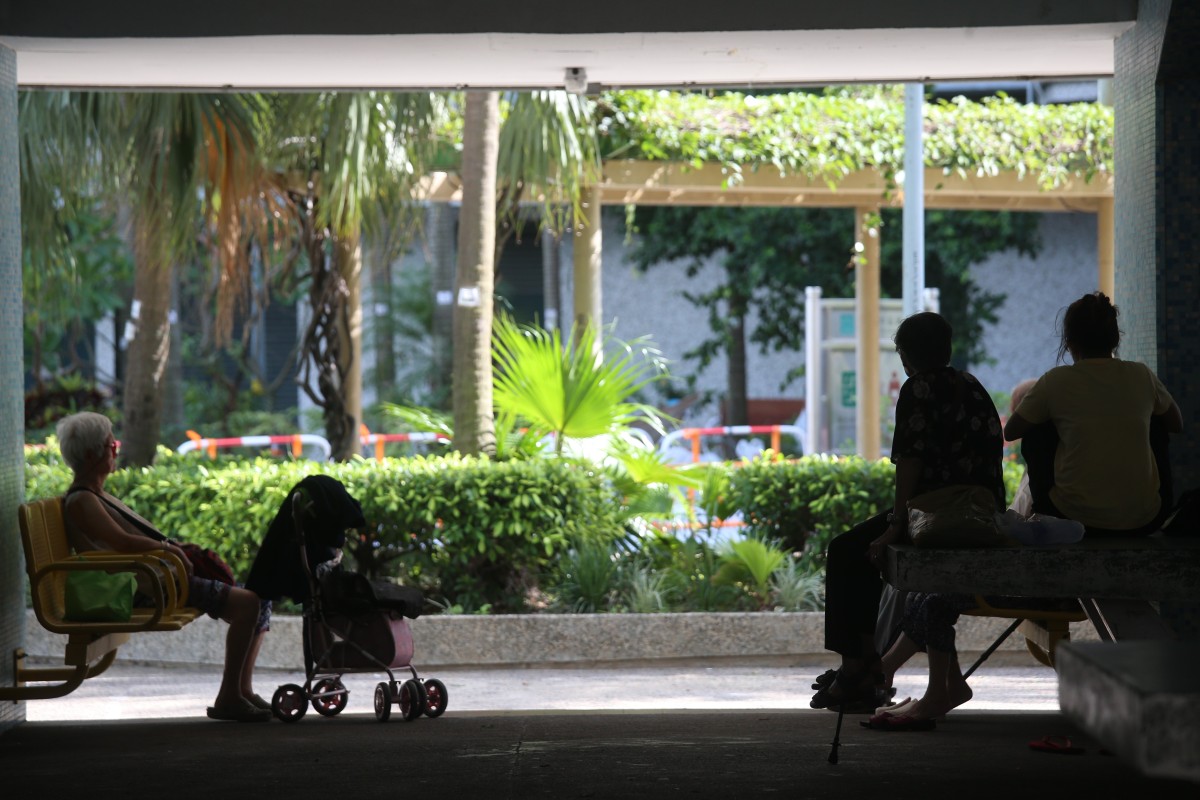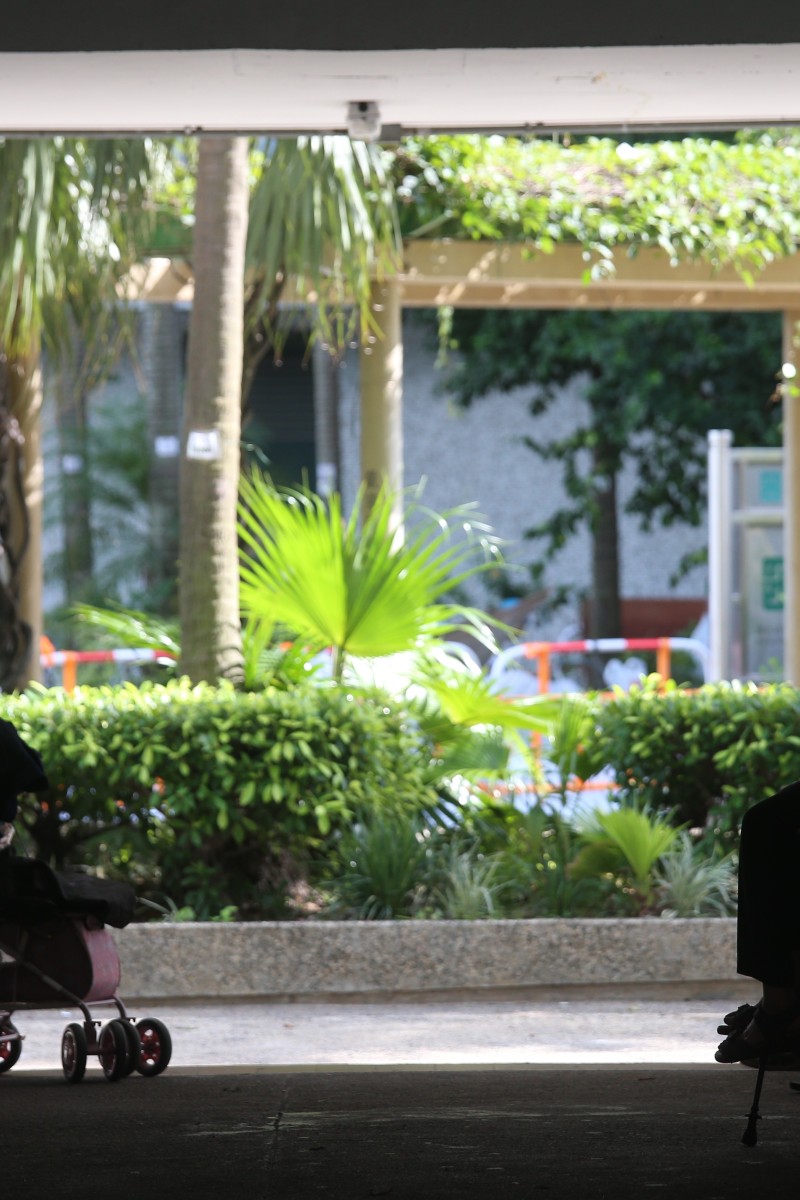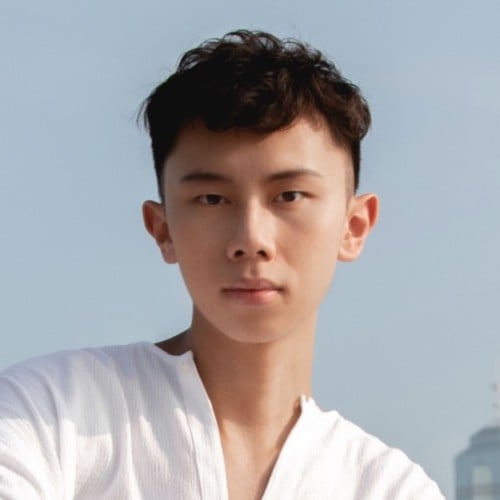 Hongkongers won’t receive elderly welfare subsidiaries until they are 65, instead of 60. While this acknowledges that those above 60 are still “valuable”, it measures their value by their economic contributions.
Hongkongers won’t receive elderly welfare subsidiaries until they are 65, instead of 60. While this acknowledges that those above 60 are still “valuable”, it measures their value by their economic contributions. When we speak of “value”, we immediately think of money, or financial worth. In our capitalist society, explaining “value” in abstract, philosophical terms is seemingly unnecessary, because we’re so used to measuring and assessing people in economic value – productivity, efficiency, etc.
The workplace is predominantly designed for people to demonstrate and prove their economic value. Hence disadvantaged groups, such as disabled people and the elderly, are discriminated against – not because they are inherently “lacking”, but because society excludes and discourages them from participating in economic activities and political processes. This means they are given little to no say in the policies that impact them the most.
On February 1, the age requirement for elderly welfare subsidies was raised from 60 to 65. On one hand, it acknowledges that people above 60 do have the capacity to work and earn a living; on the other, unskilled and uneducated elderly workers will suffer from both unemployment and lack of welfare support. Ultimately, the policy upholds the idea that our value depends upon the amount of economic goods that we can produce.
Sundance award winner Boots Riley says his film ‘Sorry to Bother You’ is a critique of capitalism
What if we shift the perspective and start measuring our value in other terms – happiness? Greek philosopher Aristotle argues that the ultimate goal in life (“telos”) is happiness. Everything that we do – studying for an exam, getting a job, going on holiday – we do because they take us one step closer to happiness.
Consequently, the meaning of our actions depends on the happiness and satisfaction they bring us.
Alternatively, we could try measuring life in terms of experience – the journeys, adventures, quests that we have embarked on in life! Or, in terms of knowledge – how conscious we are of our existence. To measure our value in monetary terms is the most pessimistic and hollow option.
How Hong Kong made me a capitalist
Most forms of discrimination and misunderstandings stem from the inability to adjust our thinking against mainstream propaganda.
In a society that has made us believe older people, disabled people, women, minority ethnic groups, and so on, are of lesser “value”, it is crucial that we develop individual, critical thinking and look at the bigger picture. Is life merely about how efficiently we can complete tasks? No, it is more than that; our worth is beyond our economic value.

